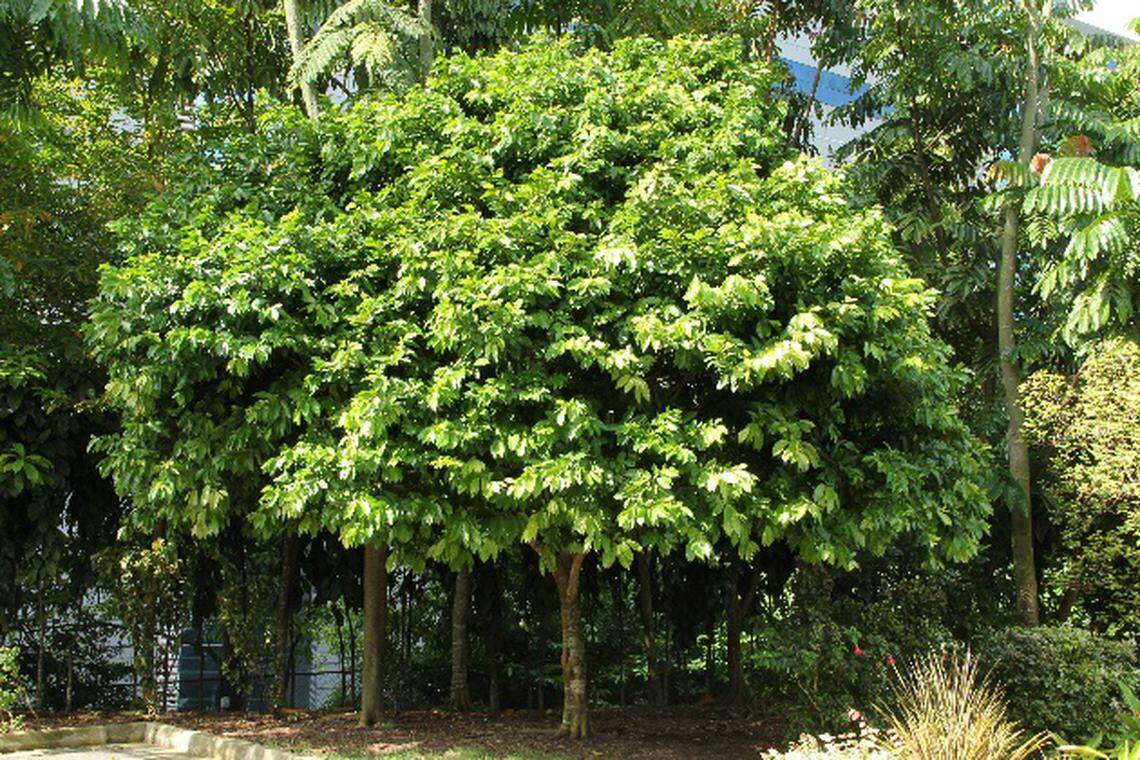OCBC joins in the push to preserve mangroves in Singapore

OCBC wants to give the humble mangrove a fighting chance at reclaiming at least some of its lost territory in Singapore. It has therefore, over the years, committed funds, manpower and other resources for restoration programmes to make it happen.
Its initiatives began in 2017 and are ongoing, with latest projects even going regional.
Mangroves, native to tropical coastal areas, are key warriors in the fight against climate change. Their ecosystems play a major role in absorbing carbon from the atmosphere and storing it in the seabed, under the trees, thus reducing global warming.
Their interlocking roots and branches interrupt rising sea levels and also protect marine animals – ranging from otters and crabs to snakes and fish – by giving them shelter and a shield from massive waves.
But Singapore has lost most of its mangrove forests to land reclamation projects of the 1970s, and the conversion of many of Singapore’s brackish rivers into freshwater reservoirs, said Tulane University’s professor of earth and environmental sciences, Daniel Friess.
He was involved in the Sungei Durian mangrove restoration project in Pulau Ubin while he was with the National University of Singapore.
A NEWSLETTER FOR YOU

Lifestyle
Our picks of the latest dining, travel and leisure options to treat yourself.
More than 90 per cent of Singapore’s mangroves have been destroyed since independence; only 0.81 sq km of these forests were left as at 2019, most of them on Singapore’s outer islands.
This brings us to why a major bank would throw the weight of its resources to preserving this part of Singapore’s marine ecosystem. OCBC group chief executive Helen Wong said: “Dealing with carbon emissions is key to fighting climate change. This is why OCBC has been supporting reforestation and restoration projects in the region, which help store carbon.”
Dr Friess, asked about the payoffs to restoring mangrove forests, replied: “They can act as a home for a variety of animals, and they provide a variety of benefits to people – from absorbing some of our carbon emissions, trapping pollutants, to supporting recreational fishing.”
When OCBC marked its 90th anniversary in 2022, it saw to the planting of 9,000 trees in the OCBC Mangrove Park on Pulau Ubin, and another 9,000 at the Tebuk Mendeleng mangrove project in Selangor, Malaysia. “The 18,000 trees that we will help grow through these two projects can help absorb more than 30 million kg of carbon dioxide,” said Wong.

Already lost are the 200 ha of mangroves that used to occupy Jurong Industrial Estate; the mangroves in Khatib Bongsu were converted into aquaculture ponds for fish and shrimp production.
Still, more mangroves could be lost to possible land reclamation over the next two decades, as indicated in the Urban Redevelopment Authority’s 2019 Master Plan. Harvey Neo, senior fellow in geography at Singapore University of Technology and Design, said: “In Singapore, land reclamation is the hand maiden to urbanisation in that it is a direct means to increase the land area for the city-state. Any land reclamation done to that end will by definition destroy our natural coastline.”
The bank kicked off its efforts in mangrove conservation and forest restoration six years ago with a habitat-enhancement project on Coney Island. OCBC volunteers worked with National Parks to plant more than 2,200 trees, estimated to be able to collectively store 144,700 kg of carbon dioxide.
The OCBC Arboretum was next set up next to the Botanic Gardens. This facility houses 2,000 trees estimated to absorb 80 million kg of carbon dioxide in their lifetimes, noted Wong.
The OCBC Mangrove Park on Pulau Ubin is Singapore’s first large-scale project in restoring mangrove habitats, using a method that encourages the natural development of mangrove saplings. Little human intervention takes place there, and nature is allowed to develop a self-sustaining ecosystem.
Dr Friess said of this approach: “The focus is not so much on planting mangroves, but on restoring the natural environment. If we do that successfully, mother nature will do the planting for us.”
Around 8,000 trees are on track to take root there, with work expected to be completed by 2026. OCBC has donated S$3 million to this park. The bank will also help fund research led by National Parks on mangroves and carbon storage.
The arboretum and mangrove projects are under the #OCBCCares programme to encourage the community to get involved in the fight against climate change.
The bank has also launched the #OCBCCares Environment Fund for sustainable projects that address climate change issues. So far, the fund has supported 18 projects worth around S$323,000.
OCBC will work with staff volunteers, the Friends of Ubin Network and the community to plant 1,000 more mangrove saplings along the Pulau Ubin coastline over the next six years.
This article is part of a series on sustainability initiatives, supported by OCBC Bank
KEYWORDS IN THIS ARTICLE
BT is now on Telegram!
For daily updates on weekdays and specially selected content for the weekend. Subscribe to t.me/BizTimes
Lifestyle
Former Zouk morphs into mod-Asian Jiak Kim House, serving laksa pasta and mushroom bak kut teh
Massimo Bottura lends star power to pizza and pasta at Torno Subito
Victor Liong pairs Aussie and Asian food with mixed results at Artyzen’s Quenino restaurant
If Jay Chou likes Ju Xing’s zi char, you might too
Mod-Sin cooking izakaya style at Focal
What the fish? Diving for flavour at Fysh – Aussie chef Josh Niland’s Singapore debut
